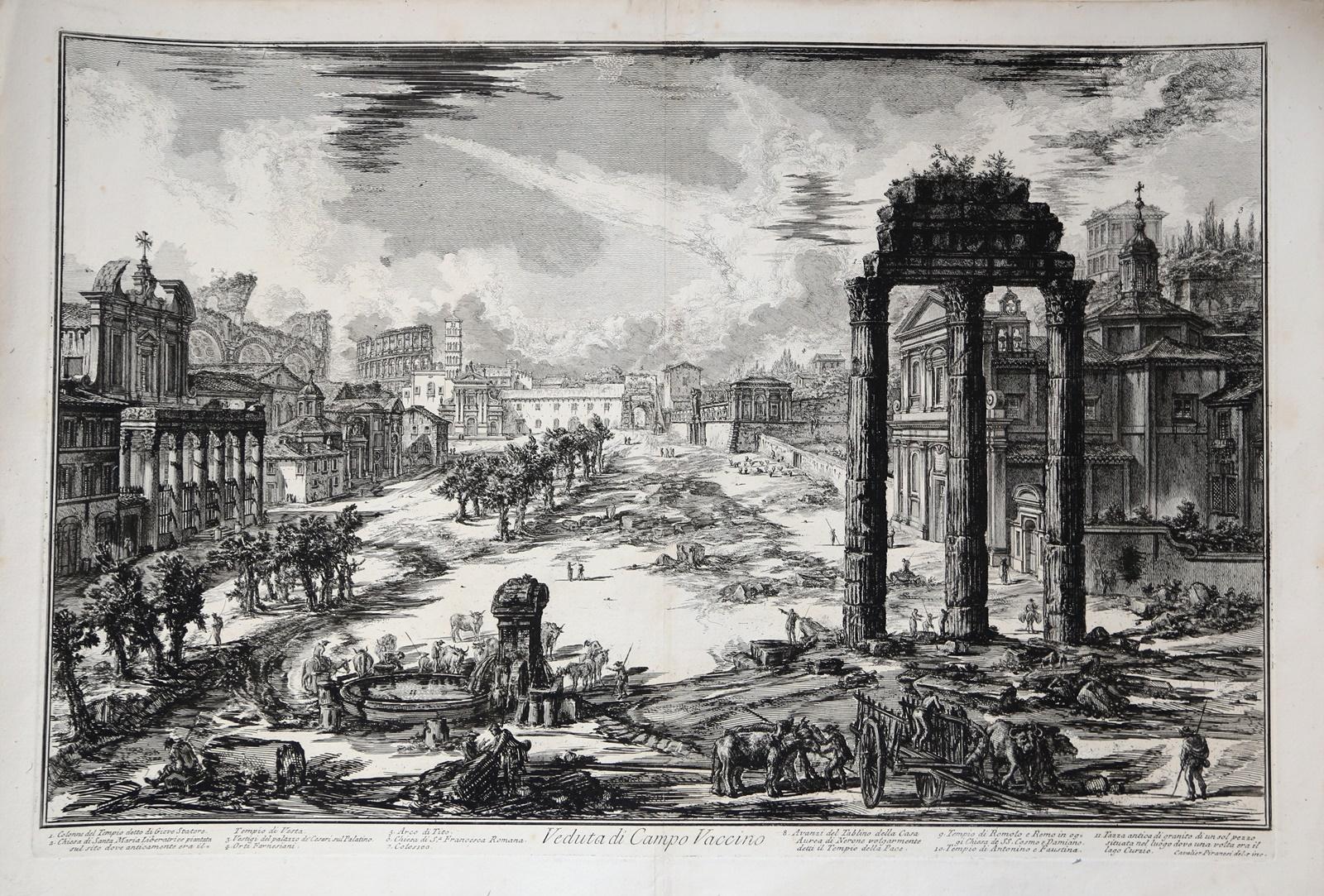

Friendships, via a weekly D&D game one night and a weekly watch party the next. It was the beginning of the week, and I had work. I read Susanna Clark’s Piranesi in two days. Or perhaps I am.In which I either lose or find myself in a book Entry on the day of our fourth virtual watch party for the His Dark Materials television series, season 2 Perhaps Clarke is, instead, the one who trapped him. Perhaps Clarke is analogous to her hero, enclosed in rooms that loom large but feel small. Ought we all be devoting more of our energies to appreciating the beauty of our own lives and less to determining the circumstances of our imprisonments? My colleague Laura Miller’s wonderful profile of Clarke, who has herself been somewhat housebound in the past decade or more by a debilitating illness, explores intriguing resonances between Piranesi’s life and his author’s. Instead, Piranesi is after a quieter kind of magic, exploring the ways human beings can adapt and find meaning in even the direst of conditions.

That he trails us a bit in that understanding means that the book didn’t quite astonish me, the way Jonathan Strange & Mr. Of course the Other’s stories begin to fall apart, and of course Piranesi begins to understand the nature of the House and of his existence. Virginia Republicans Are Testing a Novel Way to Ban Books.

Why the Attack on Salman Rushdie Is So Shocking I’ve Read Nearly All the Books by Former Trump Officials. (We, the readers, the puzzle-solvers, know that he disapproves of our curiosity, too.) “The House is valuable because it is the House,” because of the beauty it contains and the gifts it gives, not because it is a well of knowledge to tap. The Other wants, Piranesi feels, “to think of the House as if it were a sort of riddle to be unravelled, a text to be interpreted.” Which is ridiculous, Piranesi knows. What Piranesi doesn’t like is the Other’s insistence that the House is an object of study. “But what is a few days of feeling cold,” he asks, “compared to a new albatross in the World?” He brings to the birds some of his stores of dry seaweed, a gift that he knows will leave him colder during long winter nights. Early in the novel, a family of albatrosses roosts in a nearby room but struggles to find materials to build a nest. His enchantment at the wonders of the House, at the world he lives in, is alluring. He may not be able to see how life in the House has warped him, the way we can-but our understanding of the majesty of the House is nothing like his. Instead, it illuminates the unbridgeable gap between us, the readers, and Piranesi, and puts forth an argument that the differences between us may be just as damaging to us as they are to him. What’s unsettling about the book, and what I loved most about it, is that this dramatic irony is not played for comedy or for pity. Piranesi is after a quieter kind of magic, exploring the ways human beings can adapt and find meaning in even the direst of conditions. “Are You a traveler who has cheated Tides and crossed Broken Floors and Derelict Stairs to reach these Halls? Or are You perhaps someone who inhabits my own Halls long after I am dead?” And he speculates about “the Sixteenth Person,” the person he is writing his journals for.

He knows the times he is supposed to meet the Other, the one living person who also inhabits the House, a well-dressed man who quizzes him on his knowledge of the House but treats him with mild disdain. He has located “all the people who have ever lived,” 15 in total, the bones of 13 of whom are located in various halls that he cares for tenderly. He has begun the long work of cataloging the statues who inhabit each room, classical-style representations of fauns, men fighting beasts, or children at play.
#Piranesi book map how to
He knows how to collect fresh rainwater from the upper halls, where lightning flashes in the clouds. He knows how to fish and collect seaweed from the lower halls of sea and foam. Piranesi has been in the House as long as he can remember, long enough that he’s charted the tides that occasionally sweep through the halls on the main level, where he lives, and can predict when a room will be suddenly flooded. Unlike the House, Piranesi, the new novel by Susanna Clarke, abides by limits, and within those limits-thanks to those limits, in fact-it is a wonder. It’s curious, then, that a novel set in the House feels so small.


 0 kommentar(er)
0 kommentar(er)
